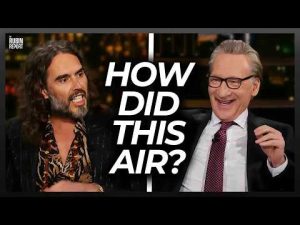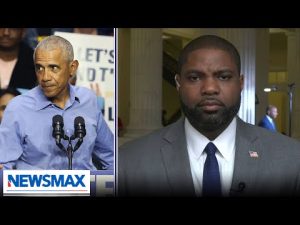Two of the BBC’s most senior figures, Director-General Tim Davie and News Chief Deborah Turness, announced their resignations after a furious backlash over a Panorama documentary that misrepresented former President Donald Trump’s January 6 remarks. The departures mark a dramatic fall from grace for a publicly funded broadcaster already under suspicion for political partiality.
The BBC has admitted the programme contained an “error of judgement,” removed the documentary from its platforms, and apologised after it emerged footage had been edited in a way that created a misleading impression of Mr. Trump’s words. What should have been a straight correction has instead exposed how easily narrative-driven editing can manufacture a political story.
Investigations show the supposed incitement clip joined two separate parts of the speech nearly an hour apart, omitting the passage where Trump urged supporters to march “peacefully and patriotically.” That splice transformed a messy, long speech into a convenient soundbite designed to inflame, and the evidence that it was manufactured is damning.
Mr. Trump’s legal team has now given the BBC a deadline and is threatening a multi-hundred-million-dollar suit unless a full retraction and apology are published, arguing the edit materially misled viewers about his intent. Whether the legal merits will play out in court, the threat itself is a necessary check: reckless media craft that damages reputations must be answerable.
The controversy was stoked by an internal dossier from a former standards adviser alleging broader editorial failures and bias inside the BBC, a document that seemingly forced the hand of executives who otherwise might have stayed the course. Leaks like this are ugly, but they exposed a rot that the institution could no longer paper over with bland statements about impartiality.
This episode is not merely a British embarrassment; it is a wake-up call about the power of establishment media to shape elections and public opinion through selective storytelling. Publicly funded outlets have a duty to the truth, not to produce viral hits or political outcomes, and when they break that trust they should face real consequences—not press conferences and platitudes.
Conservatives should celebrate accountability when it happens and demand structural reforms to prevent another manufactured scandal. The lesson is simple: media institutions that play fast and loose with facts cannot be allowed to set the terms of national debate without scrutiny, and citizens deserve newsrooms that respect both accuracy and the democratic process.







